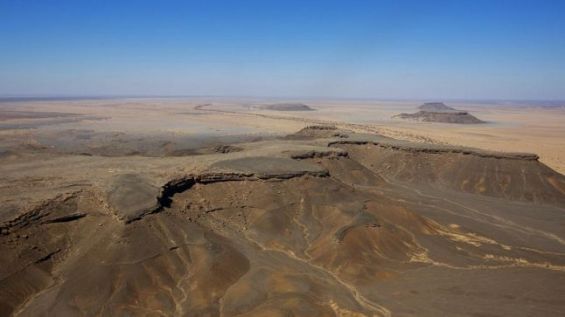Countries located around the Mediterranean Sea are currently experiencing the negative effects of climate change, according to a new study published Monday, October the 22nd, by peer-reviewed scientific journal Nature Climate Change.
The survey entitled «Climate Change and Interconnected risks to Sustainable Development in the Mediterranean» was conducted by a group of scientists from France, Morocco, Spain, Italy and Hong Kong. The study highlights the threats and current challenges linked to climate change in the Mediterranean basin.
Findings suggest that average temperatures in the Mediterranean region have increased since the pre-industrial era, moving to 1.4°C, 0.4°C more than the average, wrote the European Commission on its website.
Quoting the study, the same source indicates that sea water level «has risen by 6 cm», while its acidity increased.
These factors are expected to influence rainfalls in the southern countries located in the Mediterranean basin. Forecasts indicate that summer rainfall might fall to 30% in some countries, such as Morocco.
A scientific and systematic way to address climate change
Water shortages would, consequently, affect agricultural productivity. Irrigation is also expected to rise by 22%. «Given the ongoing switch to more animal-based food production, southern countries are at risk of becoming more dependent on trade» and «fisheries are also at risk, due to climate change, acidification and overfishing», added the EC.
«For five broad and interconnected impact domains (water, ecosystems, food, health and security), current change and future scenarios consistently point to significant and increasing risks during the coming decades».
To limit the risks associated with climate change in the Mediterranean region, the same study urges decision makers in the basin to create a «pan-Mediterranean risk assessment» to pinpoint environmental challenges in the area and address them in a scientific way.
Researchers believe that policies for the sustainable development of the Mediterranean countries have to be drafted to lessen the risks and think of adaptation options.




 chargement...
chargement...











